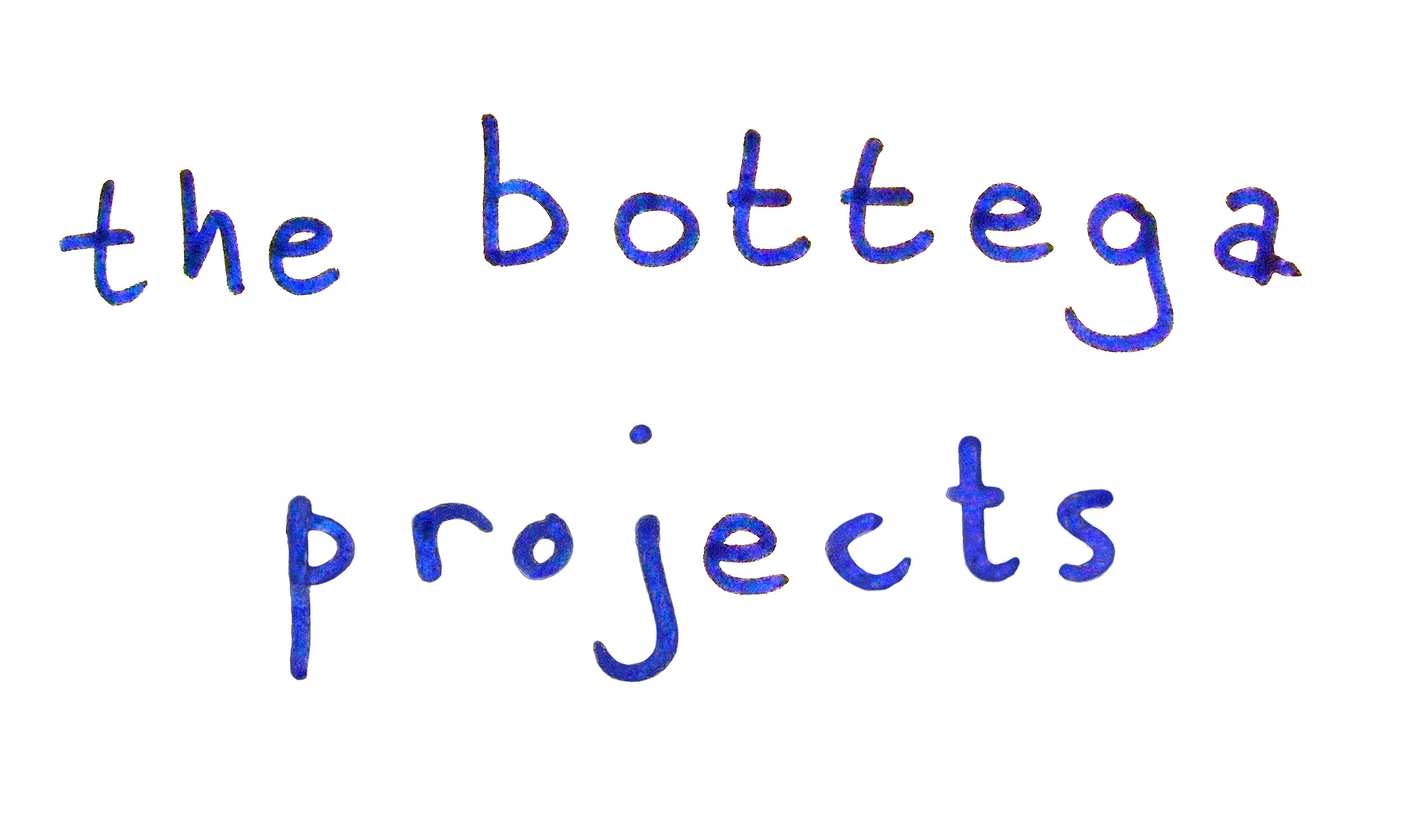The Mindful Palette
Program Description
This new and unique 3 week international seminar will offer authentic learning experiences in Studio Art and Environmental Science within a global context. It will be held at and partnered with the Spannocchia Foundation, a historical agriturismo near Siena, Italy, offering on-location activities and site visits pertaining to shared issues within each discipline. The Spannocchia Foundation’s mission encourages a global dialogue about sustaining cultural landscapes for future generations with strong interests in supporting the preservation of cultural history including crafts and fine arts, local ecology, and farm-based education. This seminar will engage students on multiple levels of the food and art production process by offering experiences in which they will directly be sourcing, making, and using materials that are located within Spannoccia’s domain. Students will meet daily for an immersive experience in the landscape and agricultural tradition of the Spannocchia estate. Activities will include oil painting, drawing, alternative printmaking and photography, interactive farm work, site visits to churches, museums, and Slow Food Presidias, and communal meal preparations. Students will stay in renovated and historical farm houses with modern conveniences on the Spannocchia property. Communal meals will be prepared in farm house kitchens or taken together at the main villa.
Course Objectives
Through interactive activities that invite students to learn about food systems and traditional studio practices, students will conclude their stay with a meal that culminates with the understanding of each ingredient’s origin, lifecycle, and their historical and artistic value. As many parts of our food system are compartmentalized and the origin is hidden, their direct experiences will allow them to experience the connections between food and art and to better understand human dependence on a healthy environment. Thus, they will be connected to the world that surrounds them and instill a new understanding of sustainability. Reflective discussions and pertinent readings about food production and the necessity of human beings to creatively express themselvesand how it can be a transformative experience will be utilized. By participating in the production of food (plant and animal based) and learning about the origin of many art materials from these same products, students will learn how these ingredients contribute to the local and global Slow Food movement and how fair trade, organic production, and humane methods of production, distribution, and consumption relate to sustainability, conservation, and art history. There will also be a focus on climate change and its complex relationship with global food security.
Traditional studio activities with a sustainable and historical perspective will include oil painting, drawing, and early photographic and printmaking processes with a strong focus on foraging and utilizing materials and resources uniquely available from Spannocchia and the surrounding area. Oil painting on location will use natural oils and soaps rather than petroleum products. In addition, drawing will utilize handmade charcoal made from the farm’s grapevine cuttings, and sienna pigment will be found and processed directly from the local earth. Anthotypes made from foraged plants and homemade dyes will be made on-site. Pinhole photography will be introduced, using the architecture and rooms of the castello as the mechanics and inspiration.
Activities and site visits may include wine-making and olive oil production, cheese-making, animal husbandry, organic gardening, paper and parchment making, church and museum visits, Tuscan culinary instruction, and Italian Slow Food Presidias. The Slow Food movement began in Italy and supports the protection of biodiversity, territories and knowledge of traditional productions. Visits to small-scale producers may include farmers, fishers, butchers, shepherds, cheesemakers, bakers and pastry chefs.
